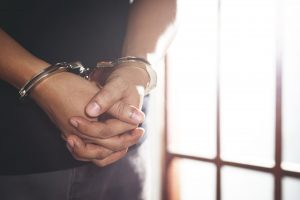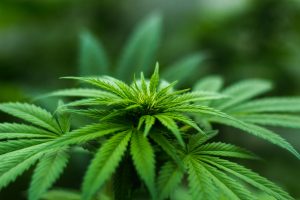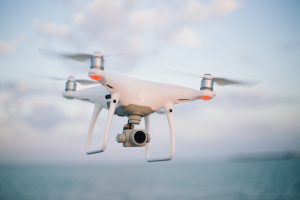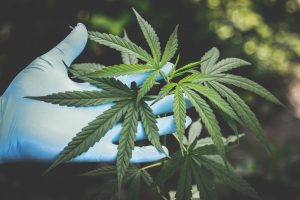With the proliferation of marijuana legalization across the country in recent years, one might be forgiven for thinking Florida marijuana possession is entirely legal. But in fact, as our Fort Lauderdale criminal defense lawyers can explain, that is not exactly true.
In fact, even as some municipal and county governments have decriminalized marijuana possession (to a certain extent), it still has the potential to rise to the level of a felony. Much depends on where you are, the amount of cannabis involved, and whether there is evidence it was intended for more than mere personal use.
If you are arrested for any marijuana-related charges, it is wise to recognize the severity of possible consequences and hire an experienced criminal defense lawyer. Although it depends on the circumstances, a skilled attorney can often successfully argue to have such charges reduced or dropped entirely. Unfortunately, many people arrested for marijuana – or any drug-related offenses – tend to simply plead no contest, perhaps not realizing that the mark will remain on their permanent record, potentially impacting future employment, education, and housing opportunities.
Will I Always Be Arrested for Marijuana Possession in Florida?
No. Unlike just a few years ago, simple possession of marijuana doesn’t always end in arrest. Even when it does, chances are it will be a misdemeanor-level offense.
But people make the mistake of presuming misdemeanor means no real impact on their life. But a first-degree misdemeanor can carry up to 1 year of jail time and a fine of up to $1,000. Continue reading
 Fort Lauderdale Criminal Attorney Blog
Fort Lauderdale Criminal Attorney Blog











